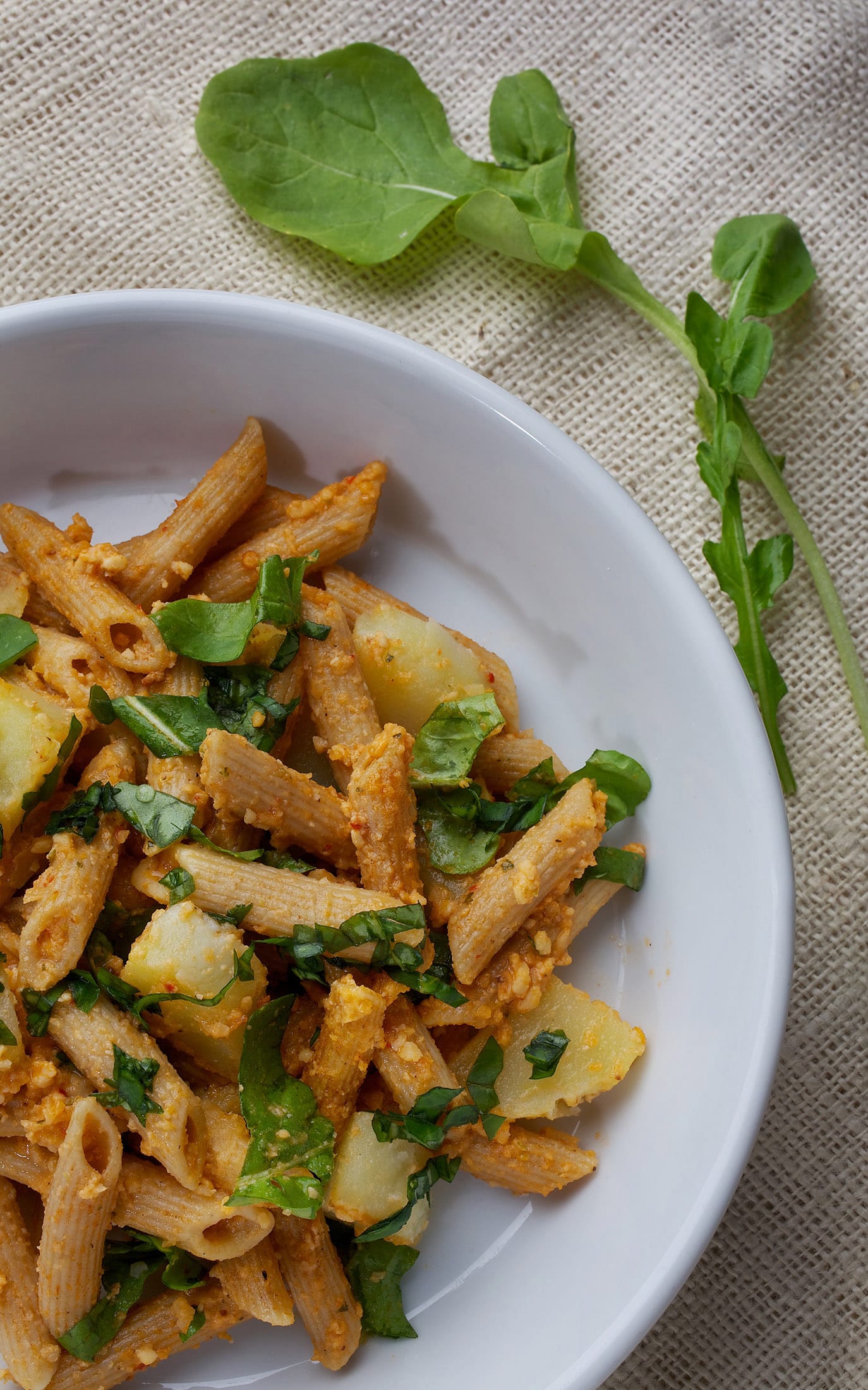When vegetarians tell me they’re in a cooking rut, I tell them to try one or all of the following strategies: Go global, go seasonal, go spicy.
By going global, I mean to look around at other cultures’ traditions, vegetarian and otherwise, and incorporate their spices and blends (hello, dukkah) and recipes (hello, dal). By going seasonal, I mean to pay attention not only to the vegetables that are freshest in the market but also to the items in your pantry (say, at the end of a loooooong winter) that match the weather and your mood. Finally, it’s obvious what I mean by going spicy: Whenever my palate is fatigued, there’s nothing like some good old chili-fied heat to wake it up.
All of which is to say that in late March, when we had yet another snowstorm in the mid-Atlantic, David Joachim’s new book, “Cooking Light Global Kitchen,” landed like a beacon on my desk. It’s not vegetarian per se, but almost 40 percent of the recipes are meatless (and half of those are vegan), covering such far-flung traditions as bibimbap (Korea), empanadas (South America), stuffed eggplant (Middle East), samosas (India), pizza (Italy) and more.
One particular dish in the Middle East/Africa chapter stood out, because it satisfies each one of the three strategies I mentioned earlier. It’s chef Marcus Samuelsson’s take on pasta saltata, an Ethiopian dish (tied to the nation’s brief Italian occupation) that combines pasta with potatoes and a spicy, tangy, rich-but-light sauce. The sauce includes almonds, lemon, Parmigiano-Reggiano and harissa, the North African chili paste.




